|
*Note: this page contains Amazon Affiliate links. Any purchases made via the links provided go to support our literacy efforts.
Nursery rhymes originated as part of a long oral tradition of storytelling and remain an ever-present part of children’s literature today. Though nursery rhymes vary, most are noted for their use of rhyme and rhythm, which makes them easy to remember and so continue to be passed from one generation to the next. Experts agree that hearing nursery rhymes aids in language acquisition and also with speech development. Nursery rhymes also help children to develop auditory skills, discriminating between the different sounds and patterns as well as developing an ear for the music of words. Hearing, reading and singing nursery rhymes inspires natural learning as children sing along and learn the rhymes, committing them to memory.
*Disclaimer: Usborne Publishing Ltd. (UK) has no connection with these pages and does not sponsor or support their content.
I am an Independent Consultant with Usborne Books & More. To purchase UBAM books visit: https://s7598.myubam.com/
Introducing the repetition and rhythm of nursery rhymes can aid in:
For those of you who don’t know the rhyme I’m referring to, this is the version I learned as a child:
Who stole the cookies from the cookie jar? (Child's name) stole the cookies from the cookie jar. Who me? Yes you! Couldn’t be! Then who? (repeat with name of next person) 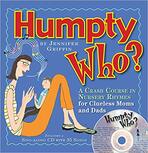
I also want to note that there may be several versions of a rhyme and no one is correct. Whichever one you learned and wish to pass on to your child is the correct one for you. If you are feeling nursery rhyme challenged, we recommend the book Humpty Who? by Jennifer Griffin. It is billed as “a crash course in 80 nursery rhymes for clueless moms and dads” complete with a sing-along CD.
We also recommend considering the following books to share with your youngster:
For even more recommendations take a look at our Nursery Rhymes & Poetry book list.
So, embrace the rhymes of Mother Goose to share with your little one but remember to keep it organic and fun and resist making it academic. Your little one will naturally come to know these rhymes and their rhythms and the benefits will be numerous with the rhymes staying with them for a lifetime waiting to be shared with yet another generation.
Happy rhyming! -Kate @ BTBL Author
We are three generations that seek a way to get back to basics. It’s not that we eschew technology, but sometimes simpler is better, especially in raising our children. Mom was a reading teacher, Amanda is an early childhood educator and Kate a children’s literature specialist and former school librarian along with the latest editions, a daughter for Kate (now 3) and a son for Amanda (now 1.) We advocate reading aloud, the simple toys that use imagination and encourage creativity and learning in the kitchen, which can be a fun mess but also teaches life skills. Join us in raising healthy, happy, inquisitive and intelligent children.
0 Comments
Leave a Reply. |
AuthorWe are mom Sandra and daughters Amanda and Kate, all with backgrounds in literacy and education, who want to share our philosophy of taking the basics of life; books, simple toys that encourage play, imagination and creativity, and using cooking and baking to teach math and real life skills to raise happy, inquisitive children. Join us in exploring the old and the new and sifting through the myriad of research to consider what is best for our children. Archives
June 2022
Categories
All
|
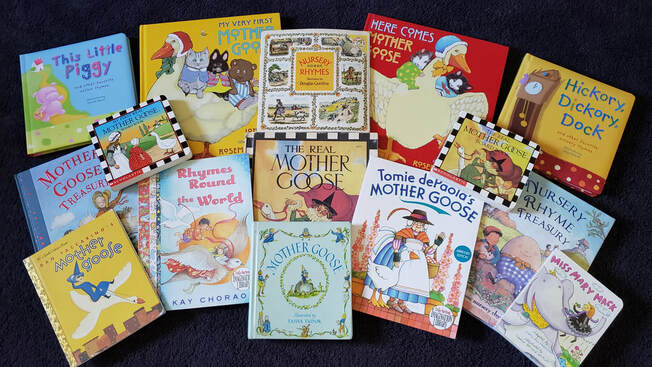
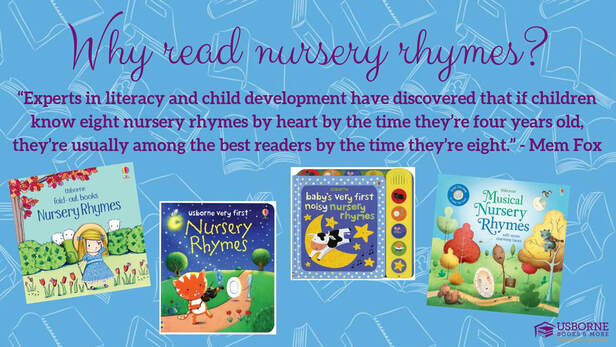
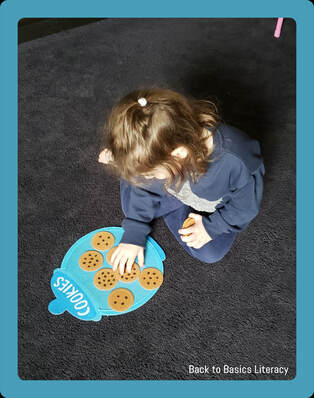
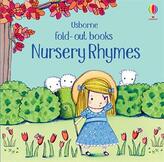
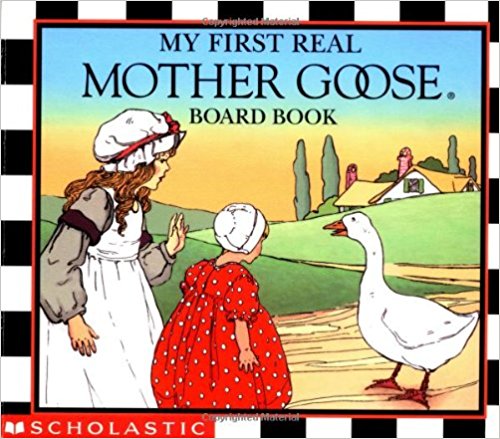
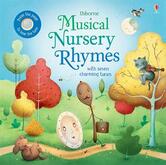
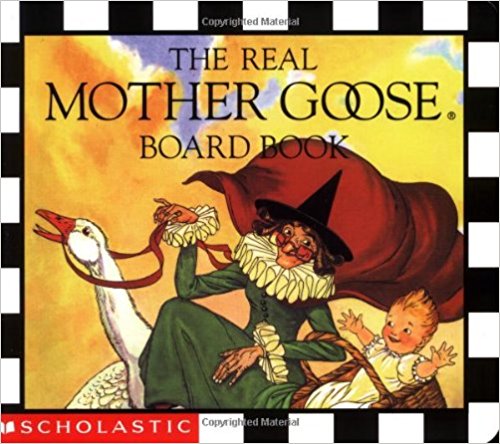
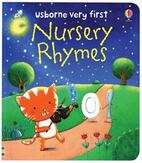
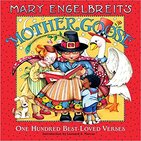
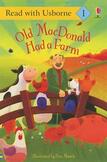
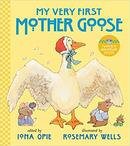
 RSS Feed
RSS Feed